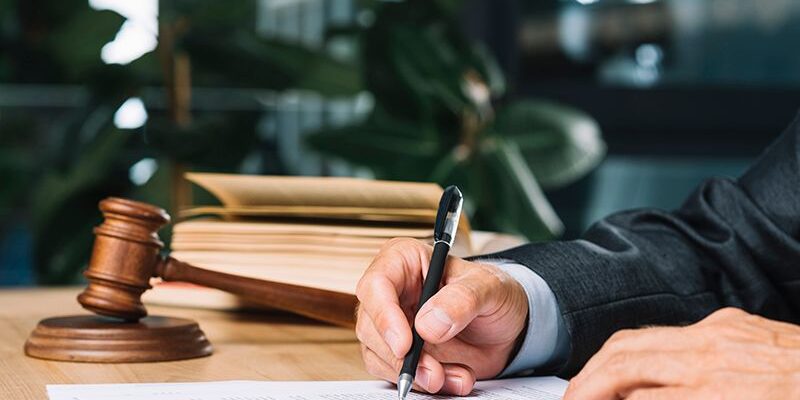Chapter 7 bankruptcy can wipe out your credit card balances and past-due medical bills. However, you might be wondering if filing a claim can offer relief from payday loans. Thankfully, Chapter 7 can also eliminate this kind of loan. But because of the challenges associated with getting a payday loan discharged, you should consider hiring a Charleston, WV bankruptcy attorney to represent your interests.
Chapter 7 Bankruptcy and Payday Loans
As with unpaid utility bills, personal loans, and medical bills, payday loans are unsecured debts in bankruptcy. These debts can be discharged through Chapter 7 bankruptcy. But wiping a debt out does not occur automatically.
Possible Challenges in Eliminating Payday Loan Debt
Payday lenders can object to the elimination of debt and argue the debtor acquired the debt 60 to 90 days before the bankruptcy filing. Debts that are recently secured cannot be discharged through bankruptcy. Technically, this point may stand since payday loans are often renewed every month after full payment.
Another issue is when you issued a post-dated check to get the payday loan. Your lender could cash the check before your scheduled bankruptcy hearing. After your lender learns about your bankruptcy case, they will not be allowed to take any funds. Thus, they may be ordered by a court to return the money. However, you may deal with overdraft fees and not have cash available for your other needs.
Filing for Chapter 7 Bankruptcy
Chapter 7 bankruptcy can discharge payday loans and other debts. However, there are income qualification requirements you should meet. Your bankruptcy attorney can help you with this. Once you have filed your paperwork with the court, payday lenders will be prohibited from collecting your debt. A trustee will be appointed to review your case and handle a meeting of creditors where they ask questions to confirm the information in your paperwork.
As a court discharges your payday loans, it may sell some of your property to pay your creditors. The court will let you keep property such as furniture, household goods, tools, clothing, and electronics. Also, you may be allowed to keep your car, house, and a portion of your home equity. If there are no issues to arise in your bankruptcy case, a discharge order will be issued by a judge against your qualifying debts. Your attorney can explain to you whether any of your financial obligations will remain undischarged once your bankruptcy case is completed.


